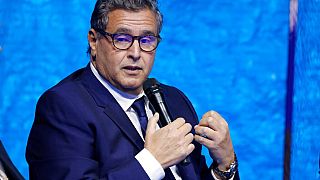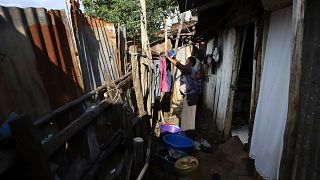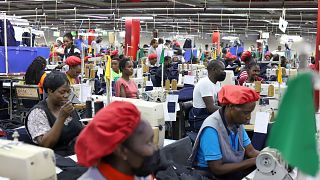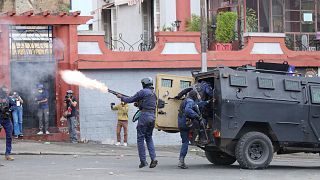Kenya
Fuel prices have risen once again in Kenya after the government partially removed subsidies that cushioned consumers from the global hike in oil prices.
The energy regulator said late on Wednesday night that it had removed the subsidy for super petrol while retaining a smaller subsidy for diesel and kerosene.
At the new prices, super petrol – mostly used by private motorists – will now cost about 179 shillings ($1.5) a litre, up from 1.3 dollars while diesel, which is used by transporters and industries will cost about 1.4 dollars in the capital, Nairobi.
Kerosene, which is mainly used by low-income households for cooking and lighting, will cost about 1.2 dollars a litre.
It comes after President William Ruto called fuel and food subsidies "costly and ineffective", in his inaugural speech, Tuesday.
Ruto said Sunday that Kenya was "in a deep economic hole" and repeated his pledge to lower the cost of living as a priority upon taking office.
The East African political and economic powerhouse is reeling from a once-in-a-generation drought and inflation is at five-year highs. In June, the World Bank projected Kenya’s (GDP) would grow by 5.5 percent in 2022, a moderation following last's year recovery when the country’s economy grew by 7.5 percent.











01:00
Pix of the Day: October 08, 2025
00:47
Desperate search for fuel in Mali's capital as al-Qaida-linked group enforces blockade
01:04
Kenyan activists reportedly abducted in Uganda while supporting Bobi Wine
02:03
Africa’s freshwater fish under threat as stocks decline
Go to video
US federal government enters shutdown, raising fears of global uncertainty
01:12
White House says Trump supports renewal of African trade initiative due to expire